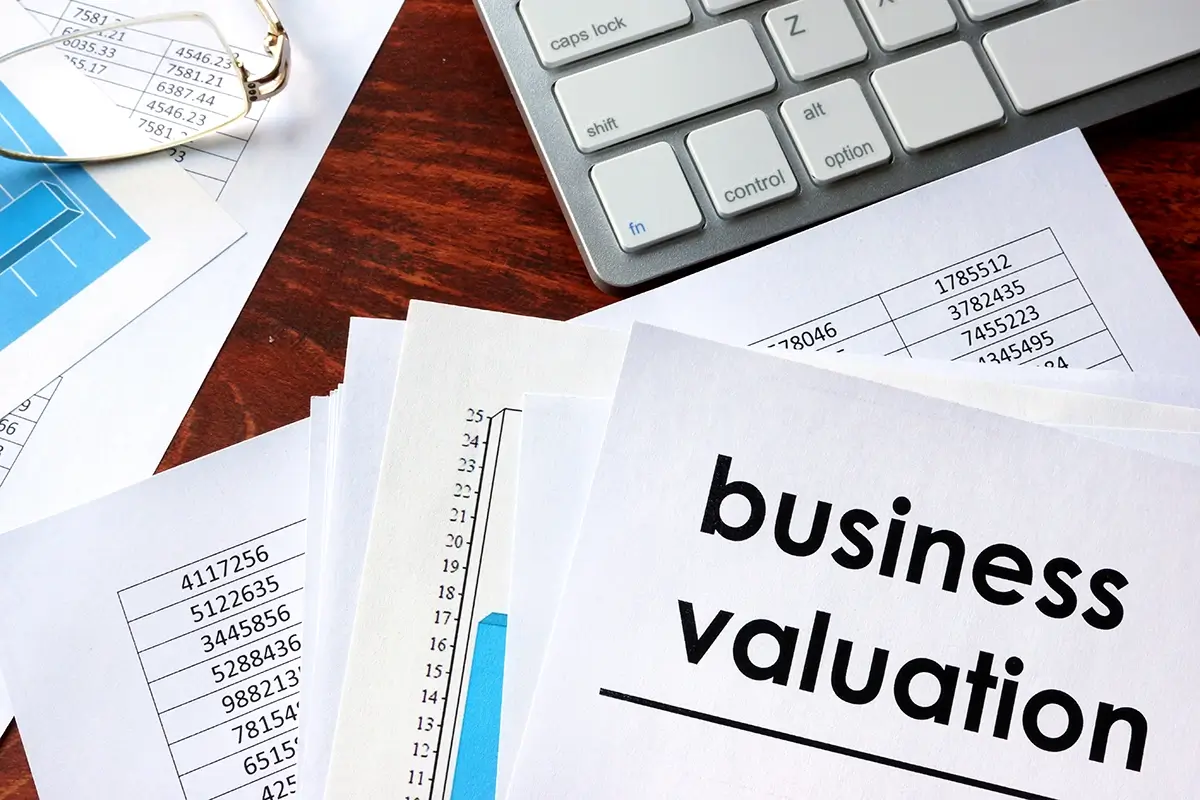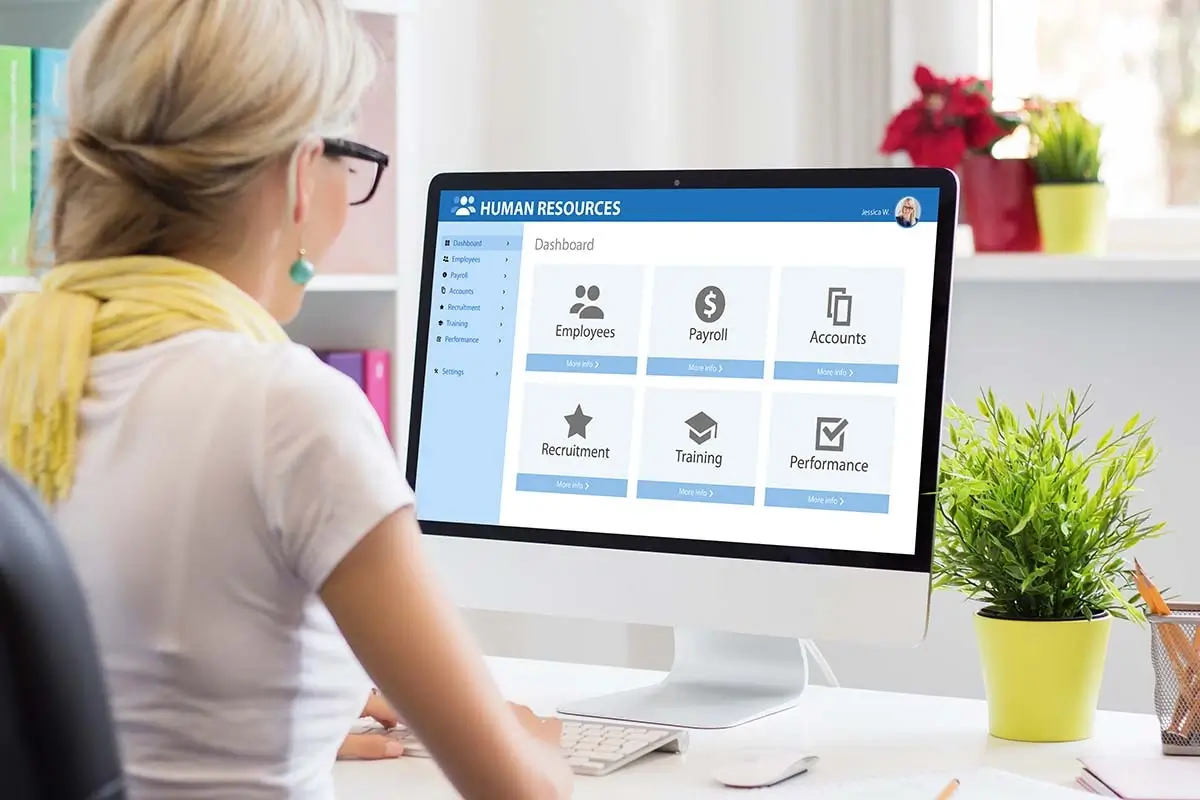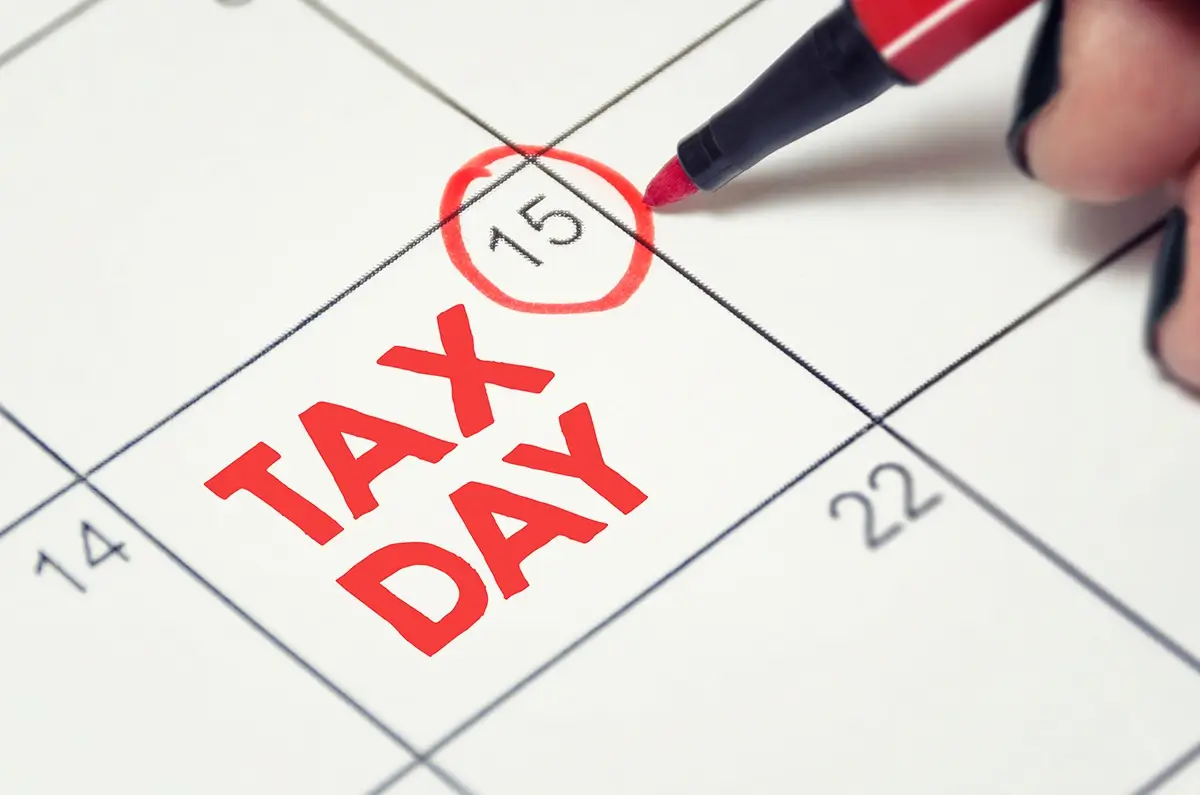In our previous posts, we’ve laid the foundation of tax planning and explored how individuals can leverage tax laws for financial benefits. Today, let’s shift our focus to small businesses, a vital engine of our economy, which face unique tax considerations. Let’s explore the world of small business tax planning and how it can pave the way for financial success.
Unique Tax Considerations for Small Businesses
Small businesses have unique tax considerations that differ substantially from individual taxpayers. These can include choosing the right business structure (sole proprietorship, partnership, corporation), understanding self-employment taxes, handling payroll taxes, and more. Decisions in these areas can significantly impact your tax liabilities and overall financial health.
Common Tax Mistakes Small Business Owners Make
It’s easy for small businesses to fall into tax pitfalls without proper guidance. Some common mistakes include failing to separate personal and business expenses, not keeping accurate records, overlooking tax deductions, and not making estimated tax payments. While these might seem minor, they can lead to significant tax issues down the line.
Strategies for Small Business Tax Planning
Here are a few strategies small businesses can consider to streamline their tax planning:
- Keep Accurate Records: Maintaining clear, accurate records of your income and expenses is crucial. This not only makes tax filing easier but also ensures you can claim all the deductions you’re entitled to.
- Understand Your Deductions: There are numerous tax deductions available to small businesses, from home office expenses to travel costs. Understanding and utilizing these can significantly reduce your tax liability.
- Consider the Best Structure for Your Business: The structure of your business (e.g., sole proprietorship, LLC, corporation) can significantly impact your tax obligations. It’s important to choose the structure that best suits your business needs and offers the most tax advantages.
- Plan for Estimated Taxes: As a small business owner, you’re typically required to pay estimated taxes quarterly. Planning for these can help avoid underpayment penalties.
- Work with a CPA: A Certified Public Accountant can provide invaluable assistance, from choosing the best business structure to identifying deductible expenses and planning for estimated taxes.
Effective tax planning is just as crucial for small businesses as it is for individuals. It can help you reduce your tax liabilities, avoid penalties, and keep more of your hard-earned money in your business. Working with a CPA can provide the expertise you need to navigate the complex world of small business taxes and steer your business towards financial success.
Stay tuned for our next blog post where we will discuss tax planning strategies for retirement. As always, if you have questions about small business tax planning, don’t hesitate to reach out.












